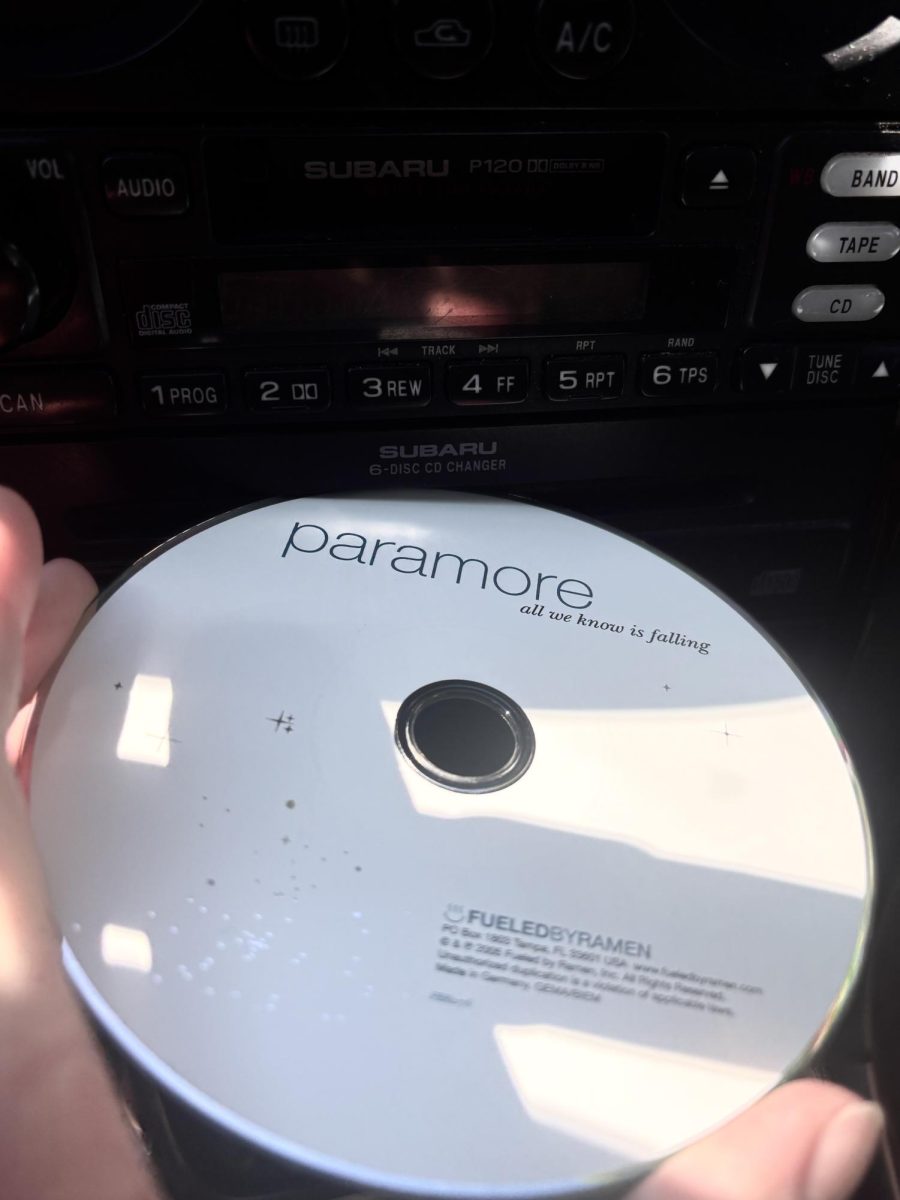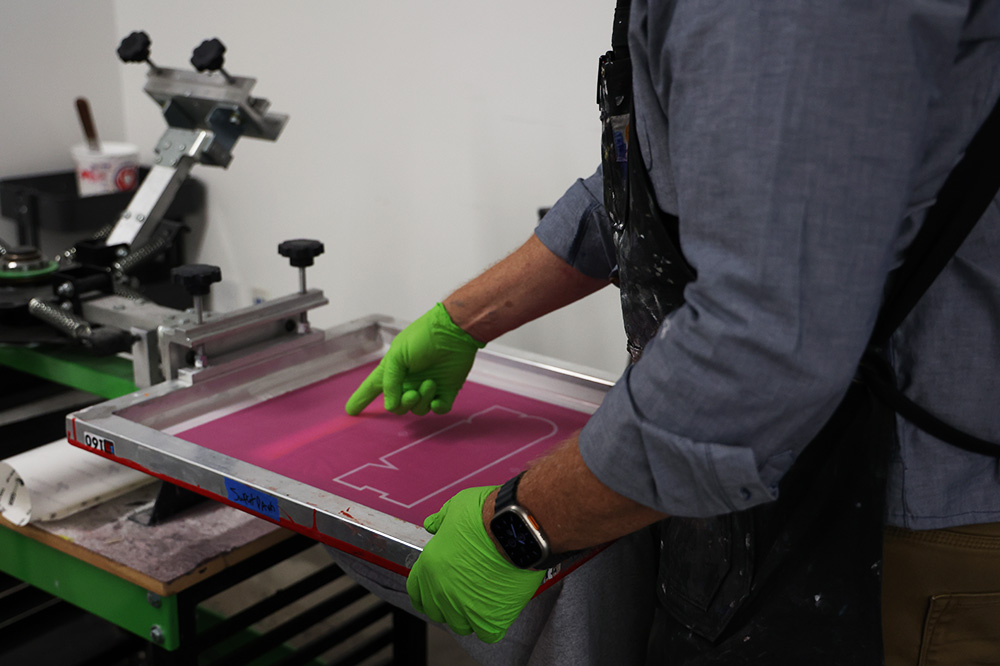I will admit, it took me a while to get into Paramore’s music. I discovered them on a ‘90s and ‘00s dad rock music playlist. The more I listened to “Misery Business” and “That’s What You Get” on that playlist, the more I really felt the vibe. I started listening to Paramore’s albums all the way through after a few months, but mostly as background tracks. I hadn’t yet learned the importance of treating album listens as art that full attention should be paid towards.
The first two times I listened to All We Know Is Falling—Paramore’s 2005 debut album, often abbreviated to “AWKIF” within the fan community—were on a plane ride and on a car ride, both with a lot of ambient noise. Because of this, I couldn’t fully appreciate the albums. It was only the third time I listened to it in August on my good headphones that I really dug the album, and cursed at myself for not realizing earlier the impact the album had on me.
The album captures very well the sort of nostalgic feelings towards life and childhood that I’ve experienced as a teenager in the latter half of high school. Even though I had never heard (or at least remembered) the album or any of the songs on it until 2024, it reminded me of my parents’ music in its unique 2000s style. While some could call AWKIF depressing, it’s a sort of therapy as well. It harkens back to the summer days sitting in the back of my mom’s car coming home from her parents’ place, listening to her favorite artists: Gillian Welch, Lucinda Williams, Patty Griffin, Natalie Merchant, the Wailin’ Jennys; all representing an era of music—2000s folk—that will always be in my heart. Even though Paramore’s genre at the album’s release (pop-punk/emo) is very different from folk, the aching can be felt through every element of the album.
Before I discuss my thoughts on the album, I want to give some background on critics’ and other Paramore fans’ reviews. The reception to the album in 2005 was some positive, some in the middle. People liked the melodies and riffs, but fans looking back on the album noticed that the production was lacking compared to Paramore’s newer stuff. “I really don’t like the production, at some points I feel like her vocals are unnecessarily doubled, like in Emergency,” one commenter on Reddit said in 2020. In my opinion, I don’t think that specifically is a drawback to the song’s excellent sound. Others compared the album to Avril Lavigne’s music, but this is definitely less pop-punk and more emo than hers. Some said that the songs have flat-sounding instruments and a “linear” structure. I personally like the repetition in the album, and it’s the type of album that doesn’t need to be technically perfect to get the vibe across. Most critics do admit the album is quite good for the group being teenagers, most of them not even adults at the time of release.
Back in February, I got the album on CD at my record store. I was so excited to listen to it, but I still put it off for a month until just the right morning, while driving to school. It was such a different experience listening to it on my higher-quality, louder car stereo system, on a chilly, fog-filled morning. Those first five tracks hit real hard. Chills shot down my spine the entire 20-minute drive. This began my transition from liking the album to loving it. My three favorite songs off of AWKIF are “Emergency,” “Here We Go Again,” and “Conspiracy.” The instrumentals
in each of the tracks, as well as the intros, hit the hardest. These unique and chilling guitar intros were my favorite part of listening to the album. Lead singer Hayley Williams’ voice is also brilliant and matches the genre well. It doesn’t have anger as much as a longing, sad angst.
I think, overall, this album was influential for Paramore in the way that it helped them move away from the pop-punk sound that they developed, and helped them realize that they’re more successful making pop-rock music. But maybe the band members grew up with their music, expressing less gloom with each subsequent album after AWKIF. Their sophomore album, Riot!, has a rebellious tone but does sound more hopeful. It was certainly more successful commercially, with “Misery Business” now being their most-streamed song on Spotify. Anyway, AWKIF set the groundwork for their successful career and set the tone for their experimental, shifting sound over the two decades of their existence.
Maybe I like the album because I’m the same age that Williams was when she released the album, or because of the nostalgia. But for whatever reason, the album will stick with me as one of my favorites.









